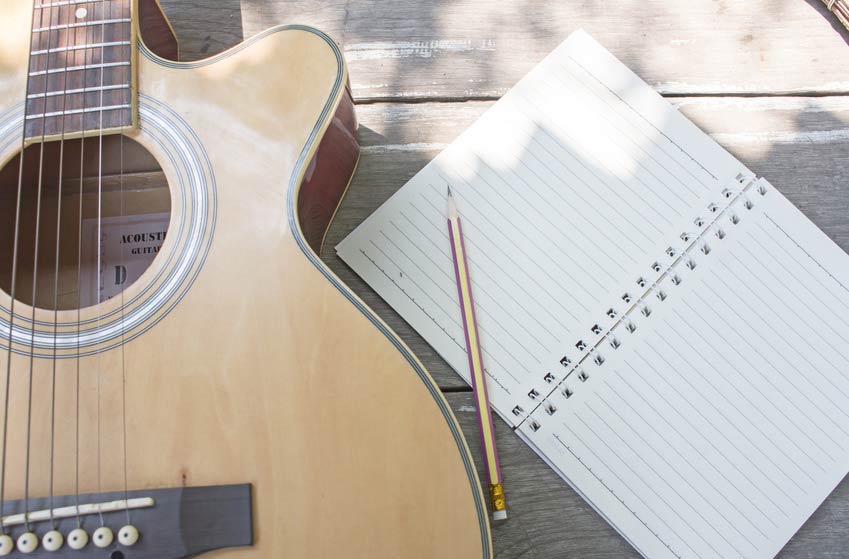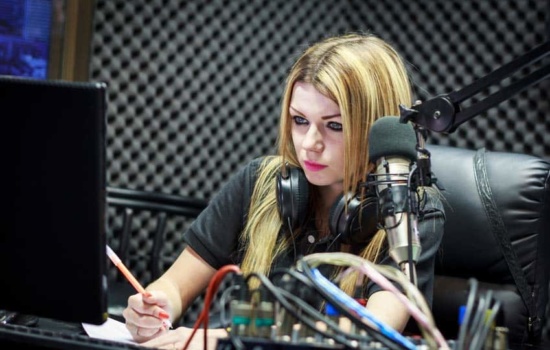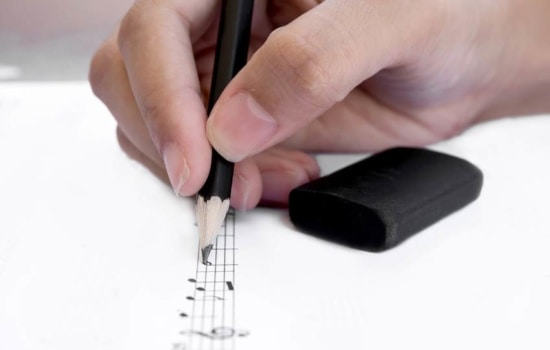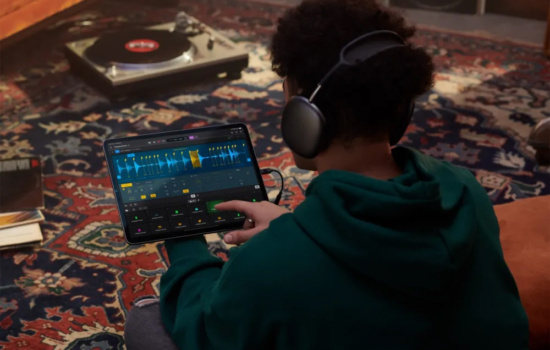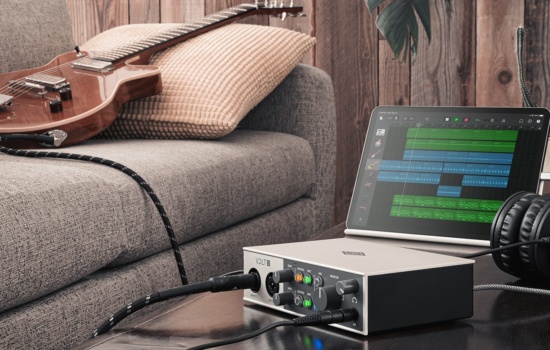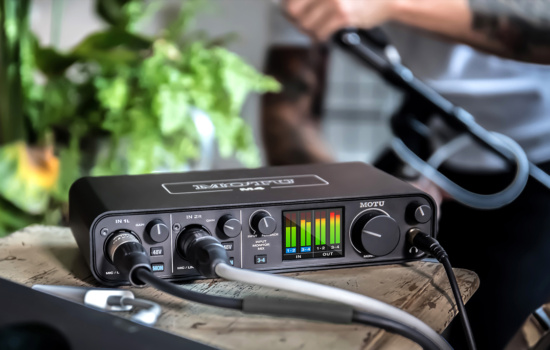Most songs start with a vague idea or emotion. So how do you get to a finished, compelling lyric?
The answer is to use your vague idea as a starting point and to gather raw material around the idea. It seems obvious; to write well, of course you should understand your subject! But this is a criminally ignored part of the process. Most people briefly think through some words, stories, and ideas that could fit their idea, and prematurely charge forward to the next step.
Taking time to gather raw materials will pay off immensely when the going gets tough later.There are two types of raw material you need to write a great lyric. I’ve adapted these two types from James Webb Young’s wonderful book about producing better ideas.
- General
An idea is nothing more than a new combination of old elements. In the case of lyrics, we combine our core lyrical idea with our general life experiences and knowledge of the world. It is often the little details that emerge from the real stories of your life that elevate a lyric from average to exceptional. - Specific
You also need to gather raw materials about the subject you’ve decided to write about. I like to think of words, memories, stories, conversations, and people related to my topic. It will be tempting to give up too early here, and to move forward with only a few ideas. Don’t give up! Really dig in and do a thorough job. I spend at least an hour or two gathering specific material.
